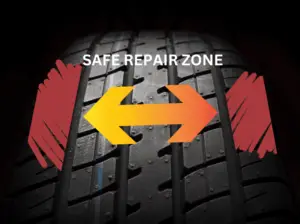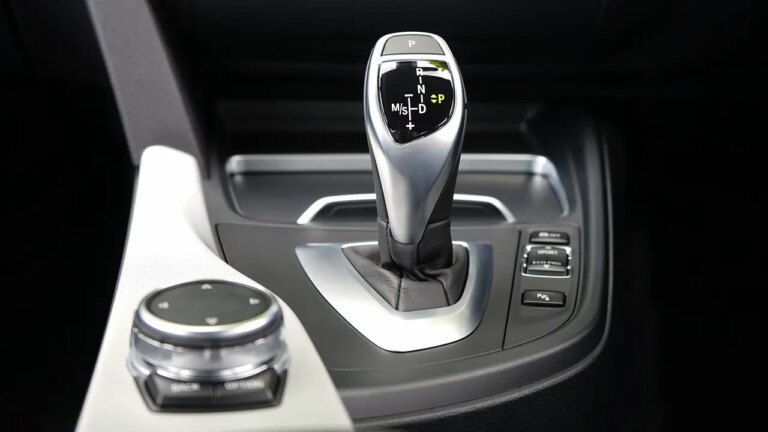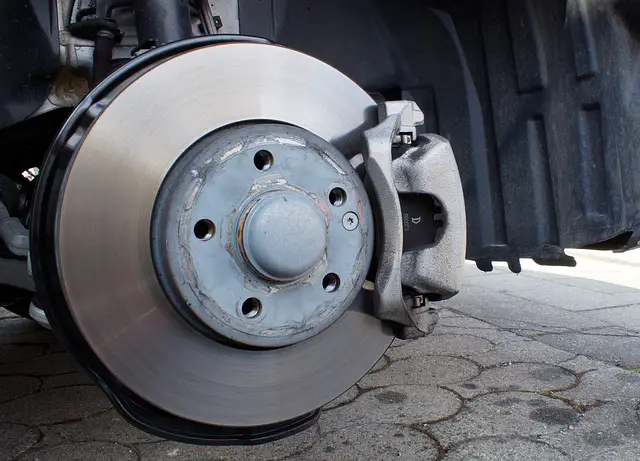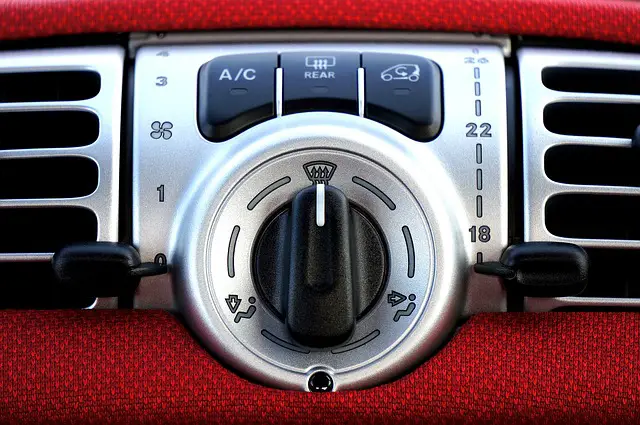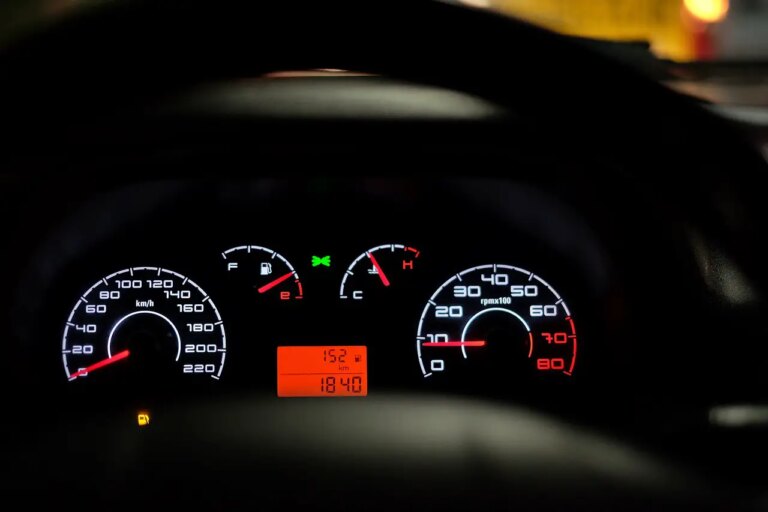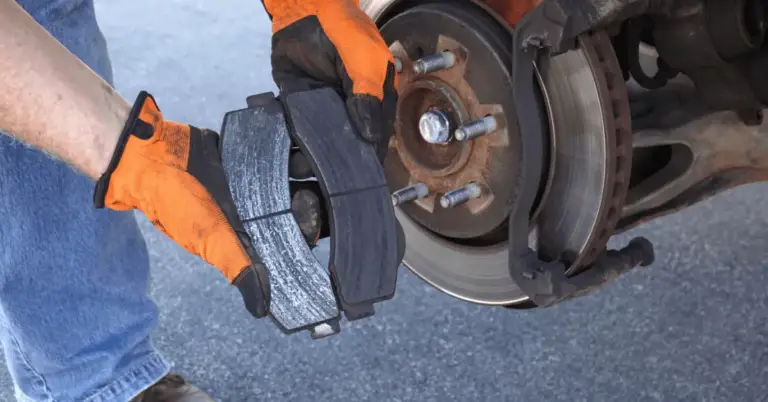Although there are many reasons your car is shaking as you press the gas pedal, four are much more common than the others. Briefly, before we get into detail, the eight reasons are:
- Loose Lug Nuts.
- Unbalanced Tires
- Wheel Bearings
- Tire Rod Ends
- Spark Plugs
- Motor Mounts
- Driveshaft
- CV Joints
Okay, in more detail and starting with the most common – and cheap fixes we have:
Loose Wheel Nuts (lug nuts)
Have you had a tire replaced recently? Most car shops will tell you to check your wheel nuts after a few miles to ensure they haven’t worked loose before you drive away.
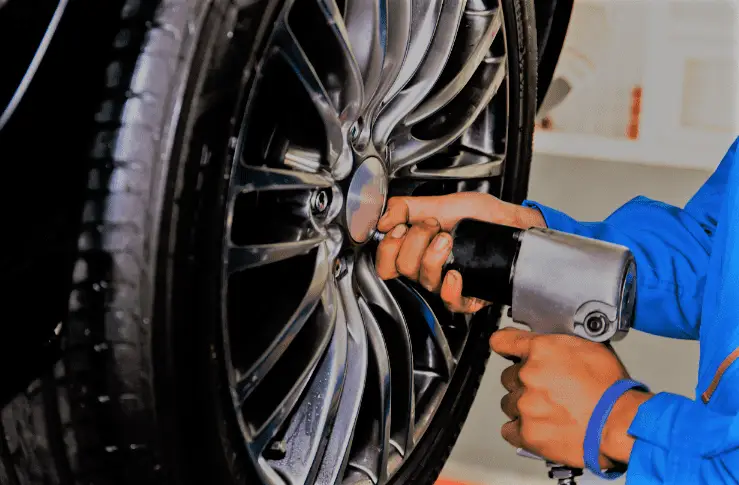
If you’ve only just started shaking when accelerating, it may be that your car’s lugs have worked loose.
The only way of checking is to either get the lug wrench from the trunk and tighten yourself or call the car shop with your concerns.
An inexpensive fix.
Unbalanced Tires.
Have you ever noticed the little weights positioned on your wheels? They were put there to balance out the weight on your tire. Sometimes they do fall off, and your tire becomes unbalanced again.
You may not see if this has happened, as not all wheels will have the same amount of weights on them. One thing to look for is a cleaner area on the wheel where one of the weights used to be.
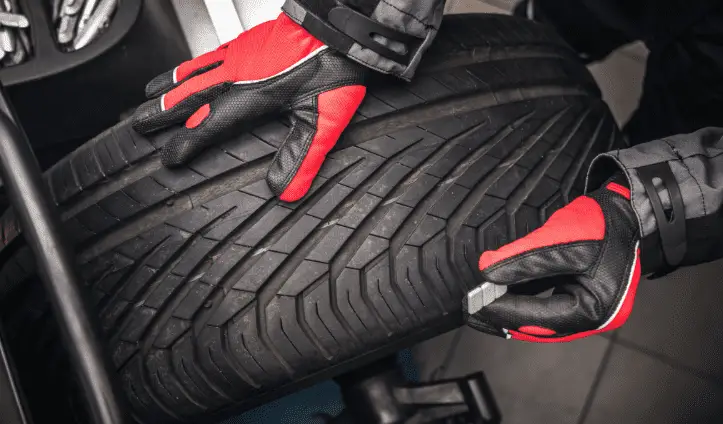
If you see this, you can be confident that your wheel is unbalanced, and it may have been causing your car to shake.
A cheap fix as rebalancing wheels will only cost $25-$50.
Wheel Bearings.
To check this, you will have to jack your car up and check each wheel individually.
Hold the wheel with both hands at 12 o clock and six o clock, push the wheel towards the car, and pull it away a few times. The wheel shouldn’t move. Reposition your hands to 3 o clock and nine o clock, and repeat the push-pull motion.
Now, check all four wheels. Any play (movement) indicates a wheel bearing issue. If you spin the tire, you may also hear a slight grinding noise. The shaking won’t go away and will only get worse.
Wheel bearing replacement costs between $250 and $400, including labor.
Tie Rod Ends.
You may consider going to a mechanic for this check, as it’ll require you to either take the wheel off or get underneath your car. Tie rod ends are an extension of the steering rack and should have very little play in them.
Each wheel has two tire rods going into them. Any looseness will be sent through the steering rack and shake, especially during acceleration.
A push/pull on the tie rod will quickly show any play in the ball joints. You may see that the rubber boot that protects the joint is cracked. If this is visible, dirt has likely got into the ball joint or become corroded.
Tie rod ends seem to fail more on heavier SUV-type vehicles, especially ones driven off-road. The increase in vibration coupled with the increase in dirt and rocks leads to them failing more often.
Most people don’t want to change their tie rod ends and visit a mechanic to fix their car.
Expect to pay around £200 – $300 to get a tie rod end replaced. This should include labor too.
Spark Plugs
Spark plugs sole purpose is to ignite the fuel inside your engine. Because of where they are in the engine, they have to withstand extreme heat. Spark plugs are precision pieces that will last many thousands of miles but eventually fail.
Reasons for failure are a build-up of carbon or that gap between the two points that allow the spark to form either increases or decreases.
Spark plugs do more work as you accelerate because they are asked to ignite more fuel and work quicker. Consequently, this is the time that you’ll notice them underperforming and causing the car to shake a little when pushing down on the pedal.
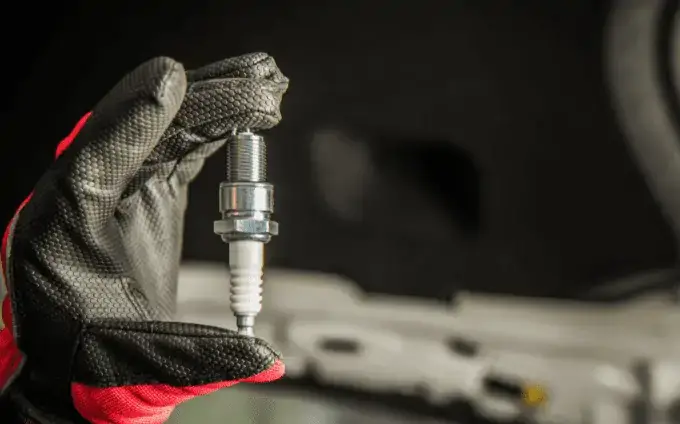
If you have been through all the tire-related checks above and discounted them, faulty spark plugs look like a strong possibility.
It’s not easy to check the condition of your spark plugs, and generally, a visit to the car shop will be needed.
Some people decide to have the faulty spark plug replaced, but this isn’t advisable. It’s common for all spark plugs to fail at around the same time.
If you replace the one, you may soon notice that your car is shaking again as you accelerate, and you’ll be back to the mechanic within a few months.
Expect to pay around $300 to replace all the spark plugs on your vehicle.
Motor Mounts
Motor mounts keep the car engine attached to the chassis, and any weakening can cause shaking especially as you accelerate.
Most cars have 3 or 4 mounts, usually positioned on each side of the engine. These are rare to fail, but a visual check is needed to rule this possibility out.
They are sometimes filled with fluid that absorbs more minor vibrations and allows a smoother ride. If they are leaking, it can be evident as the rubber membrane will look shiny and damp.
It’s a fix you shouldn’t put off as the acceleration shaking will only increase over time. If left, it can affect many other components, such as transmission and the cooling system.
Engine mounts cost $200-$400 to replace, including labor.
Driveshaft
The driveshaft sends the power that the engine has produced to the wheels. As you ask for more acceleration from your engine, the quicker the drive shaft turns.
If the driveshaft is loose, you’ll notice more shaking as you accelerate through your gears.
Usually, the culprit is not the driveshaft itself but the U joint connecting it to the engine. If there is play (movement) in the joint, it will be obvious when you hold it and shake it.
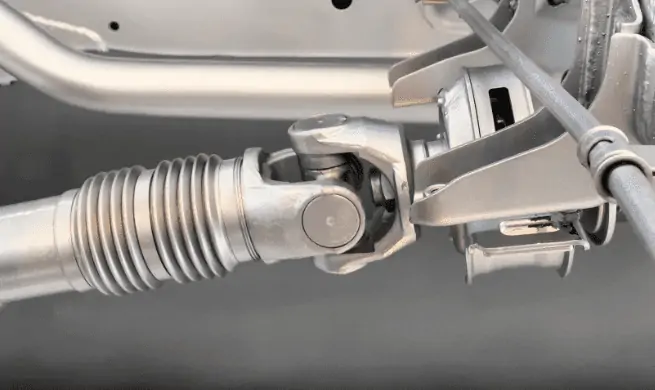
If you are happy to take this job on yourself, you’ll have to remove the four bolts holding the driveshaft. Once taken off, the drive shaft should slide away quickly enough. Ensure you have a container underneath to catch any transmission fluid leaks.
Newer universal joints have better designs than older ones and are easier to grease once refitted.
This is a job that a mechanic usually does, as you’ll need to buy a specialist tool to remove the universal joint and may have to contend with transmission fluid leaking.
A universal joint replacement will cost between $200 -$350, including labor.
CV Joints
CV joints attach the transmission to the axle and are protected by rubber boots. Inside these rubber boots is a special grease that keeps the joints lubricated, free from dirt, and safe from corrosion. When the boots fail, the grease can escape, and the joints cannot work correctly. This causes shaking as the car accelerates, and the joints are required to work harder.
Often, the outer CV joints fail first – these are the ones that are close to your wheel- as they are under more strain than the other boot connected to the transmission.
If you look behind your car wheel, you’ll see the boot and see if it is broken and leaking.
CV joints cost between $150 and $600 to replace, depending on the make and model of your vehicle.
In conclusion, there are many reasons why your car shakes when you accelerate, but by going through the checks in order, you might save money on car shop diagnosis fees or even do some of the more straightforward repairs yourself.
In Conclusion
The most common reasons why a car shakes when accelerating are loose wheel nuts, carbonated spark plugs, worn motor mounts, or faulty driveshaft or CV joints. Most fixes are cheap apart from the driveshaft which can cost up to $500 depending on your car.
Does your car make a whistling noise? – This article explains the causes and reasons
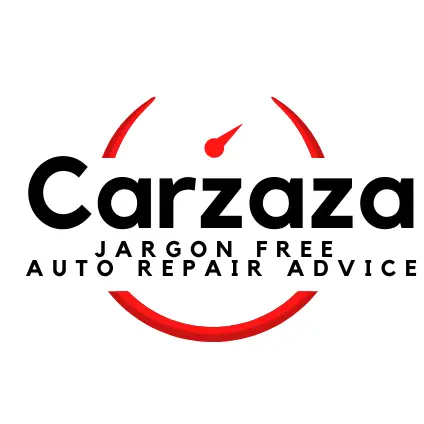


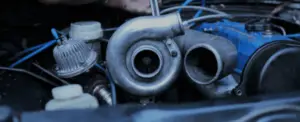

![Why Does My Tire Pressure Keep Going Low? [ANSWERED] INFLATING-FLAT-TIRE](https://carzaza.com/wp-content/uploads/2023/12/INFLATING-FLAT-TIRE-300x150.png)
